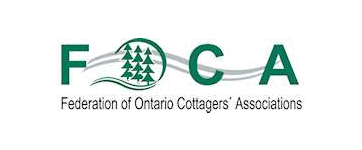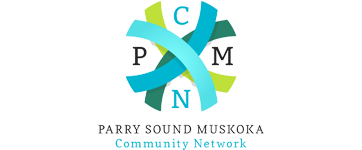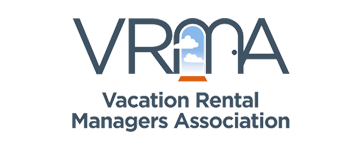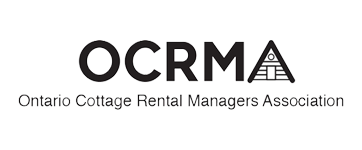
Setting a cottage up for rental can be challenging particularly it you use it for your family and have a lot of your own things there. If you use it regularly and go there between guests it’s tough to know what to leave out and what to store away.
While we’d advocate for removing all your personal items and either having an ‘owners closet’ or a few totes locked away in a basement room or garage, it often feels simpler to share what you have with guests.
Before you decide on doing that, there are a number of items you should never leave your guests to access or use, either for safety, security or personal reasons.
1 Anything of monetary or emotional value
It’s unlikely anything will ever get stolen. After all, you know what was in your property when guests checked in, so if something is missing when they check out, the culprit is pretty obvious. Accidental damage is more of a possibility so removing anything that would upset you if it was broken is a good idea.
2 Candles
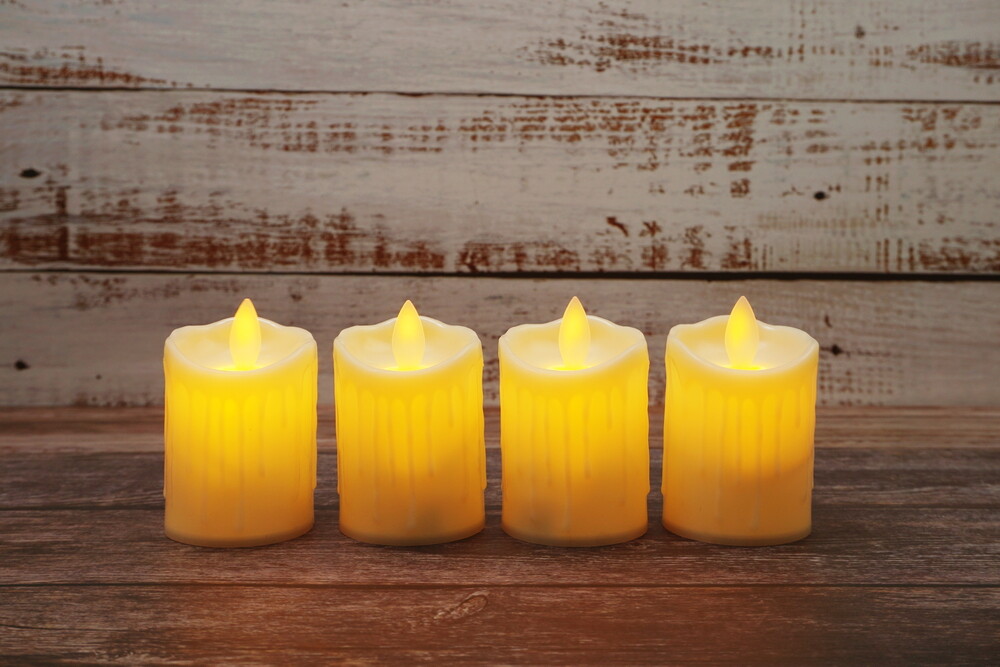
Removing all candles and replacing them with flameless alternatives is a simple fire safety precaution. When a power out inevitably occurs, guests will need a form of lighting to carry around, and a lit candle in a saucer isn’t the best choice. Providing a power outage kit that include flashlights or battery lanterns is far safer.
3 Toxic air fresheners
In general, we recommend not using plug-in air fresheners in any property. More guests than ever are reporting allergies and requesting that chemical ‘fragrances’ are not used before their arival. From a health perspective, air fresheners have been associated with a number of adverse effects, including migraine headaches, asthma attacks, infant illness, and breathing difficulties.
4 Non-perishable food
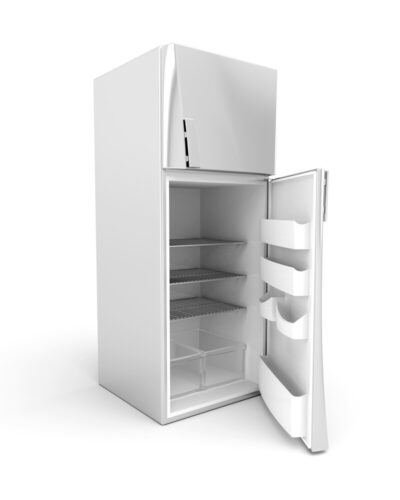
Do you remember opening the fridge in that cottage rental and finding it full of half-empty bottles of ketchup, mustard & relish? Then, finding cupboards full of used packets of pasta, cereal, and flour? This used to be the norm but today’s guests expect to see a pristinely clean and empty fridge and to have plenty of space to store their own food. There are liability issues in leaving behind non-perishable products so don’t risk a claim.
5 Toxic cleaning materials
In many US states, it is forbidden for hosts to leave any cleaning materials in a short-term rental due to the risk of misuse. In an Ontario cottage rental, there are no such regulations, however, it makes sense to remove any cleaning products that use bleach or ammonia – or at the very least have them stored in a high cabinet away from children. Not only does it protect your guests but it also protects your soft furnishings from being inadvertently sprayed and bleached.
6 Matches
Matches have no place in a rental property. Provide battery candles, and gas lighters for BBQ and campfire lighting, and remove the matches. Check kitchen drawers to make sure there are no old book matches hanging out in there. Guests may bring and leave them behind, so make a note in your checklist for cleaners to watch out for them on a changeover.
7 Flammable household items
We usually think of gasoline as a dangerous flammable liquid and of course, it is, but did you know that powdered spices, flour, oranges, and even non-dairy creamer can be dangerous around flames as well? For a short-term rental, the most important items to remove are rubbing alcohol, nail polish remover and linseed oil as all of these have proven capable to accelerating a fire situation.
8 Extension leads
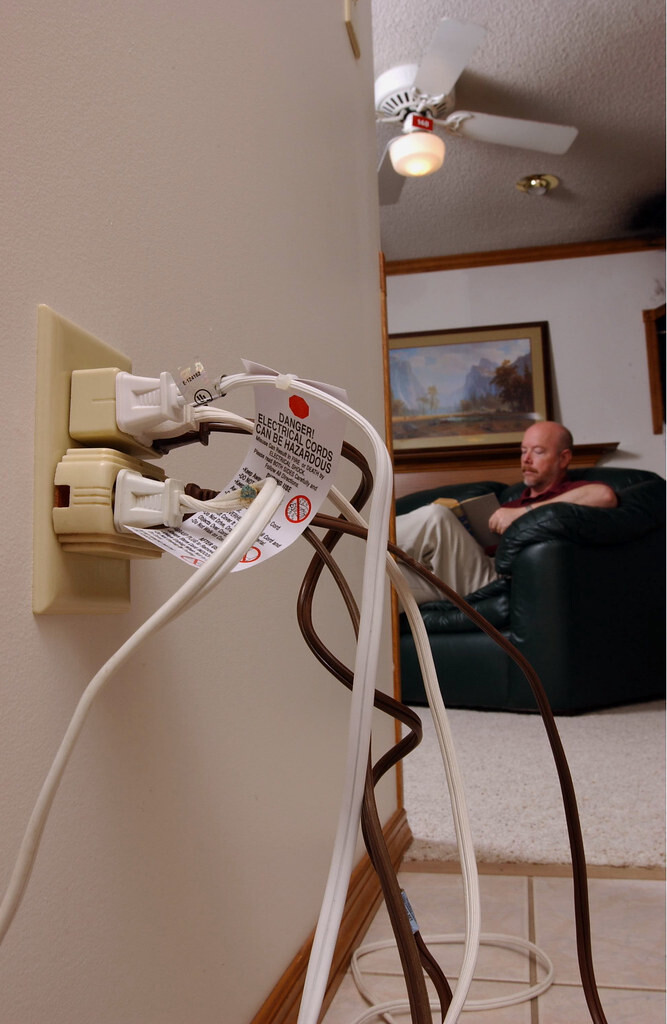
According to the safety experts at Breezeway, in the region of 3,300 home fires originate in extension cords each year, killing 50 people and injuring many more.
Overheating and fires are usually caused by overloading or connecting appliances that consume more watts than the cord can handle and if you use them, you have no control over what your guest will plug into them.
If your guests are going to need more outlets than your property supplies, consider getting an electrician to install extra.
9 Access to power tools
Guests assume that they have access to anything that is left in the home, and that it is for their use. They wouldn’t think twice about using the air fryer or bread machine because they have been left in the kitchen – so it is not unreasonable to think if a guest comes across a power drill or chain saw in an accessible basement or garage, and the “need” arises they might consider them available for use.
10 Gas powered generator
Imagine the scenario. It’s the end of a lovely day on the lake but the storm clouds are gathering. The happy group of guests have had a few beers and some wine on the dock and are coming in to spend a couple of hours playing games indoors. With a flash and a boom, the power goes out, and after some attempt to find flashlights, one guest recalls seeing a gas generator and gasoline in the shed. With just a light from a phone, a beer and a lighter in hand he heads out to investigate.
What could possibly go wrong?!
If power outages are likely to occur in your area, consider investing in an automatic generator.
11 Dartboards
We hosts love to upsell on features, and a games room is a desirable extra that could swing a booking decision your way. A pool table is great as is air hockey or foosball, but unless you are completely comfortable with having your drywall pockmarked with holes, do not provide a dartboard. Apart from the clear risk of supplying pointy projectiles, you are giving the green light for your guests to throw them at the wall, in the hope of hitting a target or the relatively small area of board surrounding it.
12 Glass topped tables
Removing all glass-topped tables takes away a major risk of breakage and potential liability claims. This applies equally to patio tables as well as interior occasional and dining furniture. The risk of an umbrella picking up in an unexpected gust of wind and coming down on an outside table is high…and is not the guests’ fault, so just don’t open them up to that risk.
13 Hammocks
There is little more to say about hammocks after you watch that video.
Finally
Deciding not to have any of these items in your vacation home won’t make any difference to your bottom line. Choosing safety over risk is always the better option so we recommend you do an audit and list where your liability stands and take action to address those areas where you could reduce that risk.


